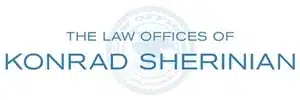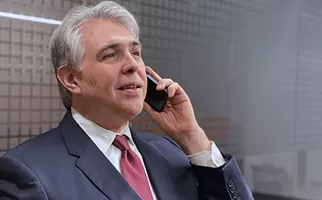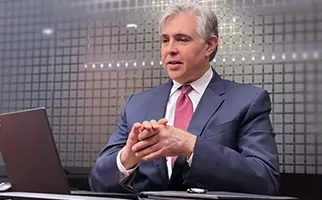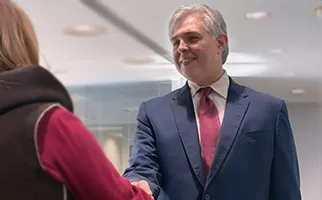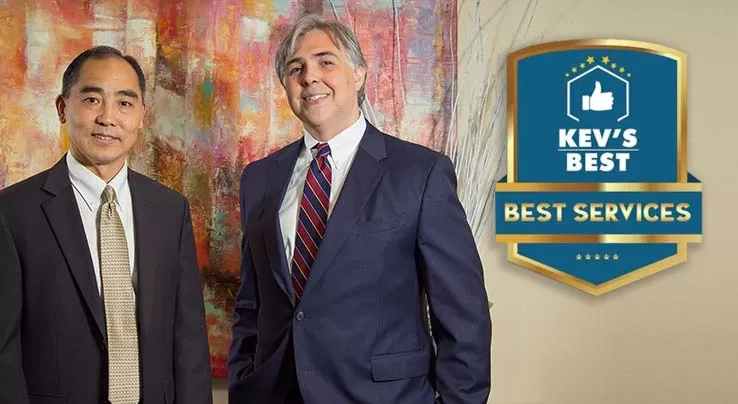The Earlier The Better
We are often asked by clients wanting to apply for a patent, ‘what point is too early and what point is too late?’ In most cases, it’s not too early to start the process.
Why You Should File Early
The United States now operates as a “first-to-file” country. That means it is important to file for patent protection as soon as possible. You don’t want someone else filing on your invention before you.
Also under U.S. patent law, you must file your patent application within one year of the first offer to sell your invention, or within one year of your first public use or disclosure of your invention. We frequently encounter inventors that need to immediately file a patent application in order to have their application meet this one-year deadline.
You do not have to actually make or implement your invention before you file for patent protection.
Many inventions are protected by patents long before the first working prototype is constructed. All that is needed to file for a patent application is that you can describe your invention in sufficient detail that a person having ordinary skill in your technology is able to create your product without a lot of experimentation. If you do not know how your invention can be implemented, then it is probably too early to file for patent protection.
Finally, it is almost always best to have a patent application on file before you begin to discuss the invention with possible investment partners or with any companies that may be interested in making or acquiring your invention.
Let’s Talk About Your Invention
Phone Consultation
Find it easier to talk rather than write? Have a lot of questions you want to ask? Let's talk over the phone.
Virtual Consultation
Need to share something on screen with us? Like to see who you are working with? Let's get online.
In-Person Consultation
Prefer a face-to-face and a handshake? We have offices in Chicago or Naperville, Illinois.
Whether you are at the initial starting stage, or trying to protect and enforce what you’ve already have, we can help patent and protect your idea or invention. Reach out to us today. We will quickly set up a time to discuss your intellectual property with an experienced patent attorney.
Available 24/7
Patent FAQs
Here’s a list of the most frequently asked questions about patents. Open each to see our pages dedicated to that topic.
How long does it take to get a patent in Chicago?
The timeline varies depending on the type of patent and the USPTO’s backlog. On average, utility patents take 1-3 years, while design patents are typically processed faster.
What is the cost of filing a patent?
Patent costs vary based on complexity. A utility patent can range from $5,000 to $15,000+, including USPTO and attorney fees. Design patents generally cost less.
Can I enforce my patent if someone infringes on it?
Yes, patent owners can legally enforce their rights and may file lawsuits in federal court for injunctions or damages. A patent attorney can help navigate the process.
What is the difference between utility and design patents?
- Utility Patents protect the functionality of an invention (valid for 20 years).
- Design Patents protect the appearance (valid for 15 years).
Do I need a patent attorney to file a patent?
While not required, working with a patent attorney significantly improves your chances of success, ensuring a strong, well-drafted application and USPTO compliance.
How do I check if my invention is already patented?
A patent search helps determine if an idea is novel. You can search the USPTO database, but a comprehensive attorney-conducted search provides the most reliable results.
Experienced Patent Attorneys
The attorneys at the Law Offices of Konrad Sherinian have extensive experience in patent matters. We’ve helped clients obtain numerous patents, including more difficult categories such as software, electronics, and the mechanical arts. We have obtained numerous patents in the United States and throughout the world. In addition, we have litigated patent cases on behalf of both plaintiffs and defendants in District Courts throughout the United States.
